The Swiss biotech shaking up the antibiotics model
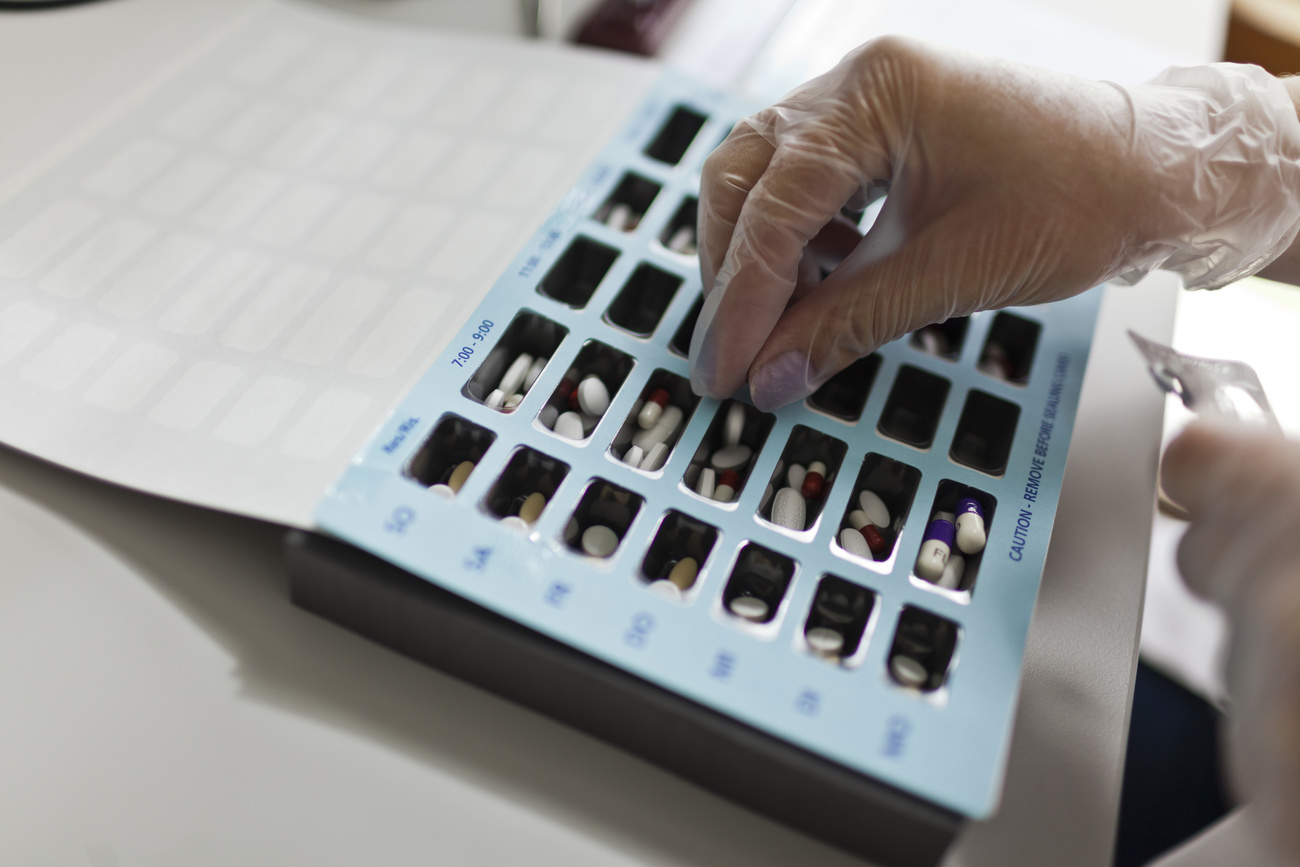
Family-owned Debiopharm says it’s time to treat the life-saving medicine like insurance if we want to avoid another pandemic.
As an entrepreneur for more than 40 years, Thierry Mauvernay knows how to spot a good business opportunity. Antibiotics isn’t one of them. “There is no business proposition for it,” the president of Debiopharm said simply.
The problems in the antibiotics market have been known for years. Costly research for a product sold at relatively low prices for a short period of time have led big companies to shun investments in new antibiotics. Even academics are shying away from research in the field.
But Mauvernay isn’t giving up on Debiopharm’s pursuit of new antibiotics. “I don’t want a bacterial pandemic to emerge, and to look back and say we could have done something,” he told swissinfo.ch at the company’s manufacturing facility in the south-western town of Martigny.
The risks for the firm are growing, though. As more big pharmaceutical companies move out of novel antibiotics development, the number of potential partners who could manufacture and commercialise any compounds Debiopharm develops is shrinking.
Used to staying behind the scenes, executives at the biotech firm are now calling on Switzerland and other governments to tackle the problems in the antibiotics market before it’s too late.
Risky research
As a family-owned private company, Debiopharm is in an enviable position compared to many biotechs in the antibiotics business. Not only does it have the finances, but it also has the independence from shareholders.
“We can take risks that others can’t,” said Mauvernay, who joined in 2001 the company founded by his father.
Last year US-based Achaogen was one of at least two antibiotics start-ups that filed for bankruptcy. Despite developing an antibiotic that could treat complicated urinary tract infections, Achaogen couldn’t make enough profit to stay afloat.
By 2050, some 10 million people worldwide could die each year if new antibiotics don’t come on the market, according to the World Health Organization. Experts warn that the Covid-19 pandemic is only making the situation worse due to longer hospital stays that increase the risk of secondary bacterial infections.
Yet, few companies want to enter the field and among those that do, many are running out of cash.
Debiopharm has already invested several hundred million francs into research on three of the nine most urgent pathogens identified by the WHO. It typically takes a billion dollars over 10-15 years to develop antibiotics, with a success rate of 10-15%.
The company is confident that it could have a new antibiotic on the market in four years’ time.
Architects of pharma
Unlike many biotechs, Debiopharm doesn’t make fundamental scientific discoveries or sell blockbuster medicines by itself. Rather, it has found a niche in the less visible middle of the supply chain.
The core principle behind the company founded in 1979 is: “No discovery, development only”. Debiopharm spots promising research in its early stages, in-licenses or acquires it, develops the molecules, and then licenses it out to a larger pharmaceutical company to distribute and commercialise globally.
Mauvernay describes the company as “architects in the pharma business” in the way it outsources different stages of the pharmaceutical chain.
It scouts for molecules all the time from anywhere in the world. Of the 600 opportunities it reviews a year, it will typically sign one contract. It then spends 10-15 years and an average of $1 billion (CHF 940 million) on development, clinical trials included. Among its partners are big companies like Takeda, Pfizer and Sanofi.
But as more pharma giants like Swiss firm Novartis and GSK exit novel antibiotic research and development, Debiopharm is increasingly worried about the prospects for recouping its investment.
“If we bring these antibiotics to the market, there may be no big companies to take them over,” Bertrand Ducrey, CEO of Debiopharm International and senior vice-president of Debiopharm Group, told swissinfo.ch.
In July, a coalition of 23 big pharma companies, including Novartis and Roche, launched a $1 billion fund to bring new antibiotics to patients. Debiopharm is one of several Swiss companies, alongside Bioversys and Polyphor, that could benefit from such money.
“It is good to invest money in research, but it would be more effective if the companies stay involved in developing antibiotics and help us find a business model that works,” said Mauvernay.
Financial cushion
Debiopharm plans to keep pushing ahead with its research in antibiotics, partly because it can afford to do so. In addition to infectious diseases, Debiopharm is heavily invested in oncology, which is more lucrative.
Some seven of 14 drugs in the firm’s pipeline are for cancer therapies. This includes xevinapan to treat head and neck cancer, which received “breakthrough therapy designation” from the US Food and Drug Administration, expediting regulatory reviews.
“Without oncology revenues, we can’t bring antibiotics to market,” said Ducrey.
In 2006, Mauvernay also initiated the creation of a CHF150 million investment fund that is investing in a range of health start-ups working on innovations for patients. A few weeks ago, the fund backed a €10 million ($11.8 million) Series A funding round for the Belgian start-up Oncomfort that uses hypnosis and virtual reality to relieve patients’ pain and anxiety.
Saving for a rainy day
Even if Debiopharm has no plans to exit the field, it still sees an urgent need to fix the antibiotics market.
“Good antibiotics are those that you don’t sell. They are a form of protection. How can you develop something if you don’t sell it? Who is going to invest in that?” asked Mauvernay.
Governments and charities have tried to stimulate activity by covering some upfront research costs, but this isn’t a long-term solution. Asking people to pay a lot more for antibiotics could also make them unaffordable for the masses.
Debiopharm executives argue that countries need to start seeing antibiotics as insurance – something that some public health experts and economistsExternal link also support. They equate antibiotics to an airbag in a car or defense contracts for weapons and tanks that sit in storage until a war breaks out.
“You buy them in case you need them. But you hope you don’t have to use them,” said Mauvernay.
Health systems would pay a regular “premium” and then use antibiotics only when needed. This decouples payments to drug companies from the volume of antibiotics sold but still incentivises companies to develop drugs.
The UK started testing a similar modelExternal link for two antibiotics over the summer. In the US, two lawmakers recently introduced a bill called the Pasteur ActExternal link whereby companies receive upfront payments in exchange for unlimited access to their antibiotics.
So far, similar proposals in Switzerland have not received a lot of tractionExternal link with health authorities.
Country-by-country measures are unlikely to be enough, however. Covid-19 has helped people see the urgency in public health threats, said Mauvernay, but it has also revealed how difficult it is to bring countries together around a common goal.
“We need to have solidarity among countries to change the market,” he said. “I am not sure that it’s realistic right now”.

In compliance with the JTI standards
More: SWI swissinfo.ch certified by the Journalism Trust Initiative
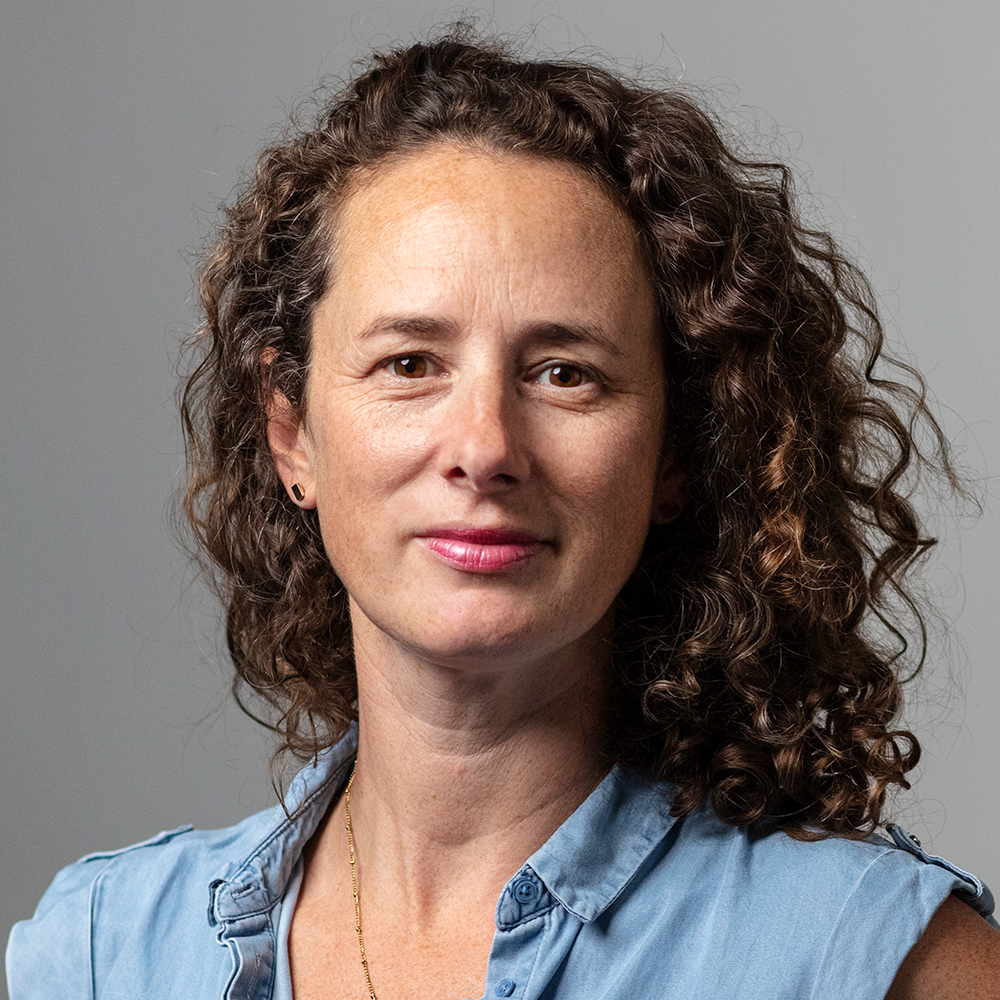
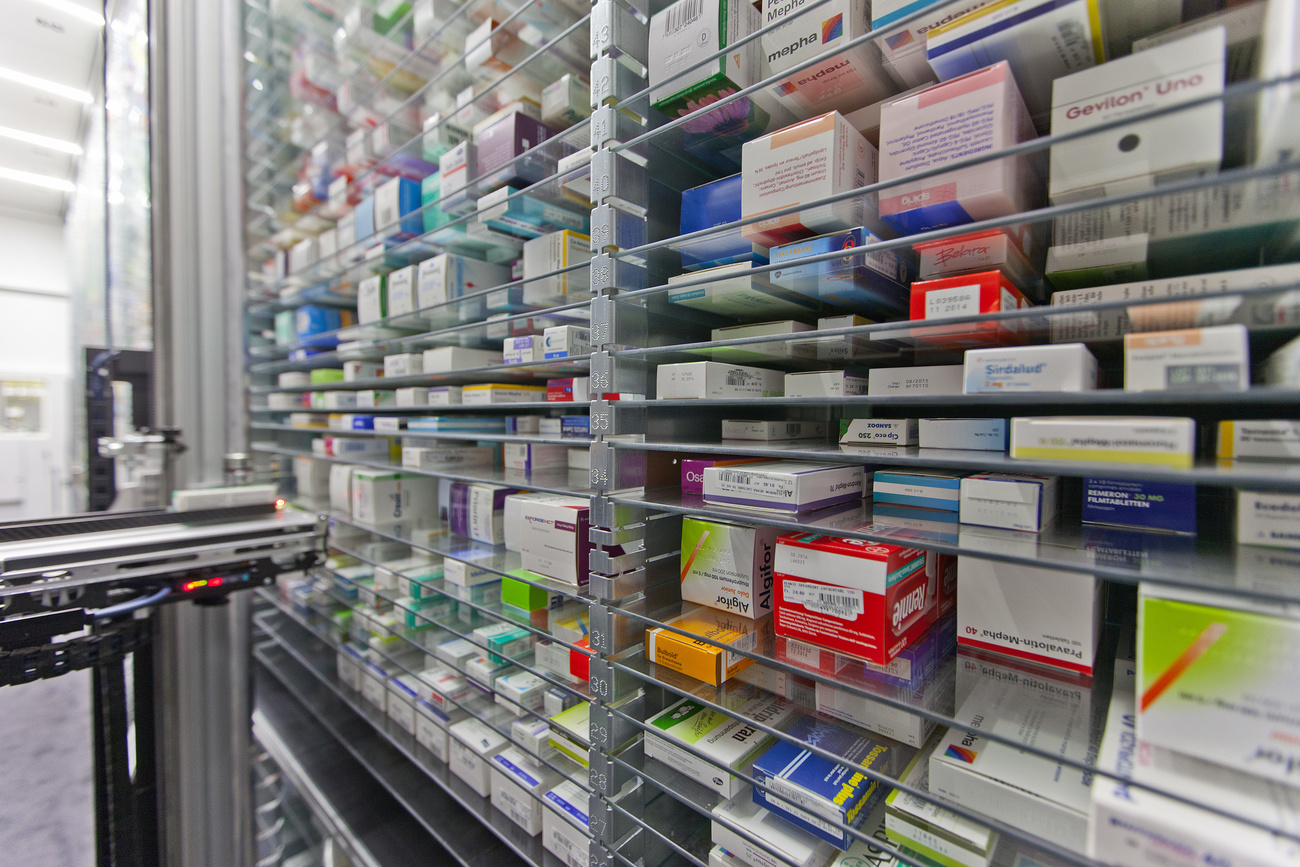
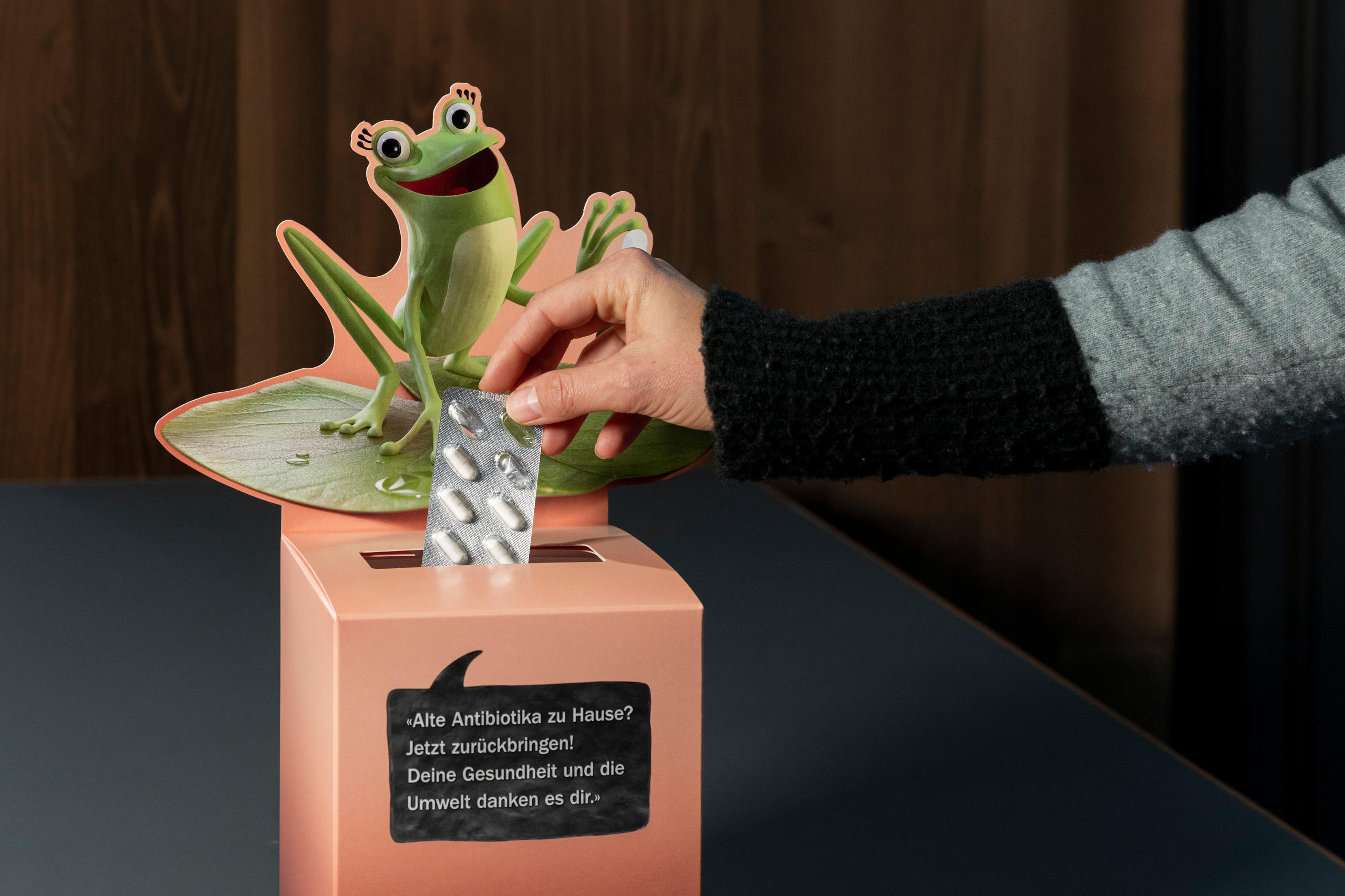
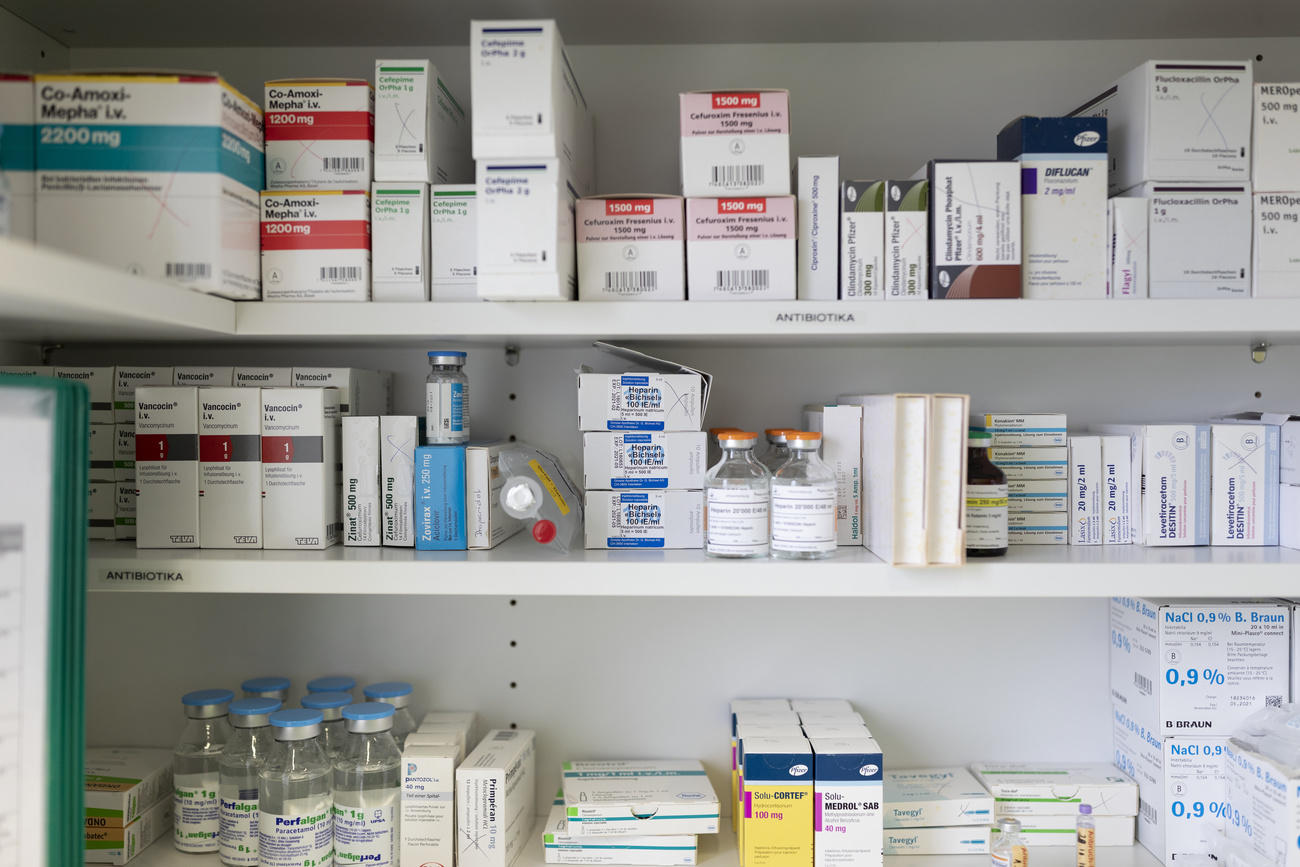
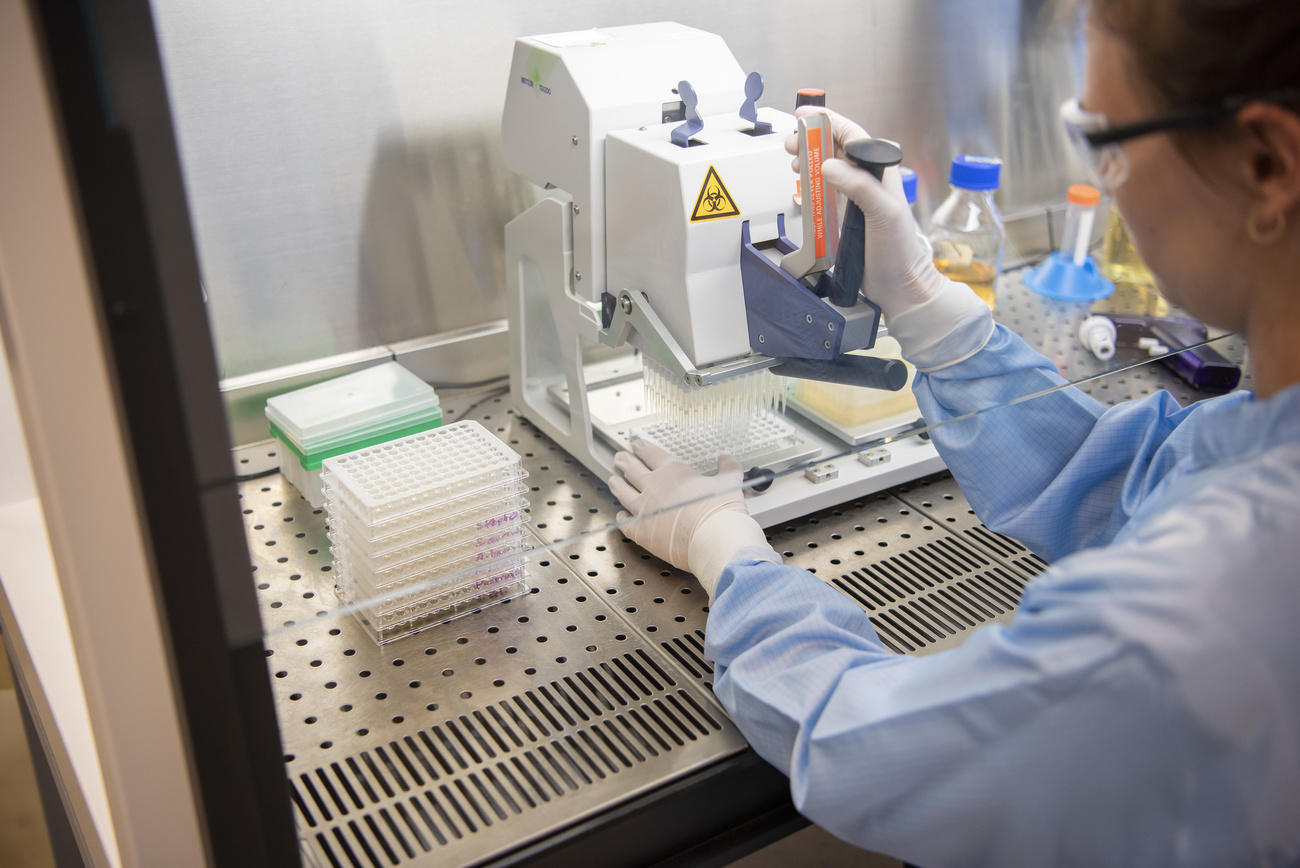
Join the conversation!